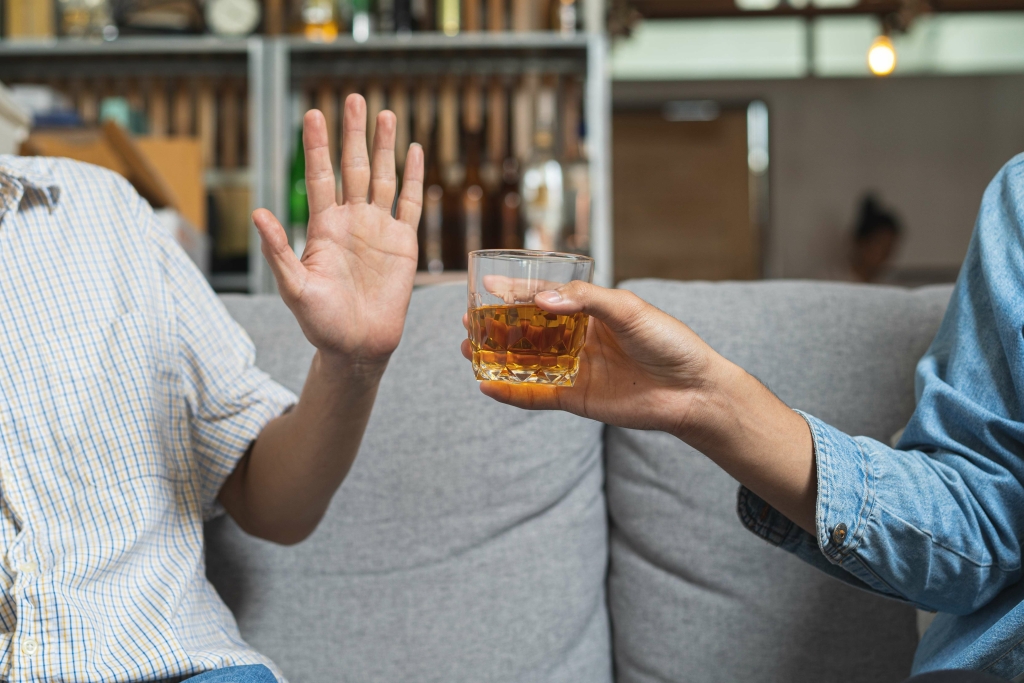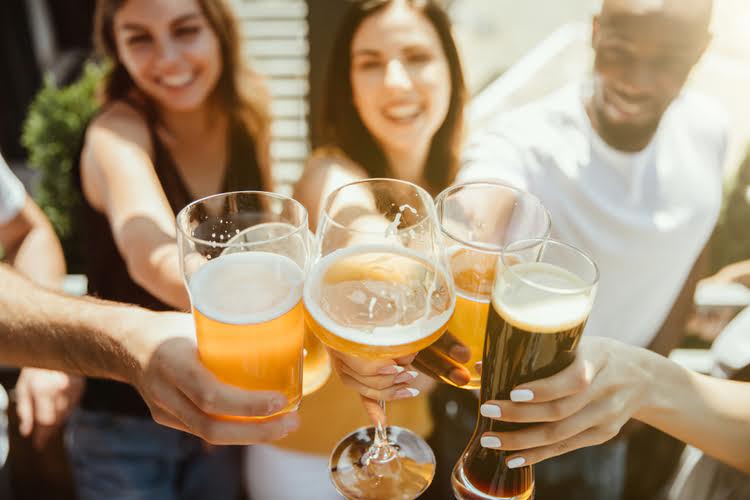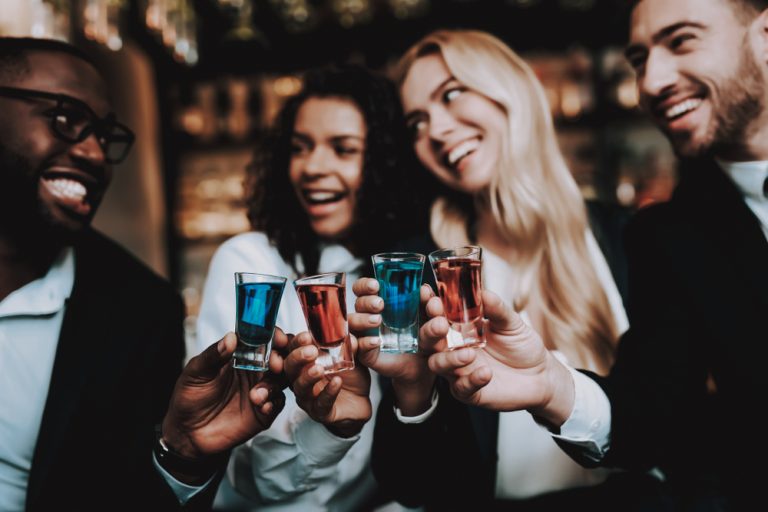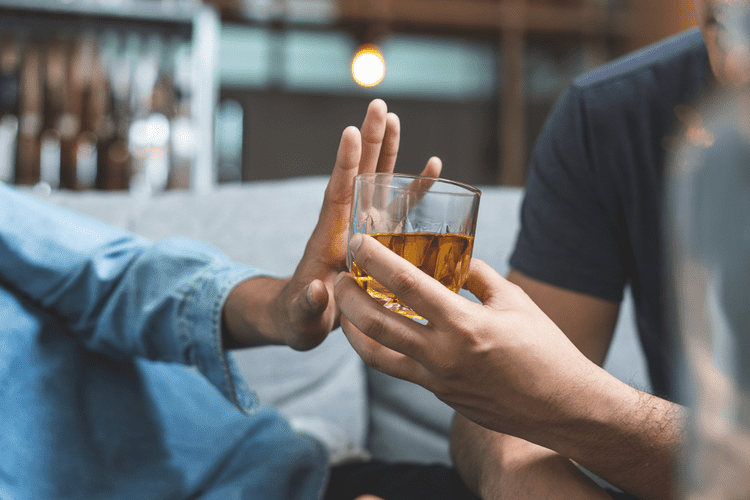The good news is, it is possible to get to a place where you don’t feel controlled by the sweets in your house. Typically, I see sugar cravings tapering down within a few weeks with the proper nutrition and hydration. Well, humans are programmed to like sugar. Our primitive ancestors sought out sugary food because they are higher in calories, needed for survival. These days, we don’t have to hunt and gather for food, its much more accessible.
Most people who experience cravings notice a mix of internal and external triggers. The pleasant euphoria you experience when drinking becomes a reward, one that reinforces your desire to drink in certain situations. You might eventually start craving that reward in new situations. Addict Advice offers specialized guidance and support for individuals on the journey of addiction recovery to empower them to rebuild their lives and achieve lasting sobriety. Additionally, sugary alcohol drinks increase dehydration compared to standard alcohol flavors. Sugar cravings are the most intense about a week after the last drink.
Why Do Alcoholics Crave Sugar?
I’ve spent the last seven years researching and understanding alcoholism, addiction, and how people get sober. Additionally, I examine the way mental and physical health as well as our relationships with others impact the reasons people drink and their role in maintaining sobriety long-term. I took my last drink on December 19, 2016. Craving sugar is common among people who quit alcohol.
- The more you eat, the more you want, in a sense.
- Alcohol interferes with the body’s ability to regulate blood sugar levels and can result in hypoglycemia.
- Cross-tolerance means that someone who is dependent on one addictive substance may also have higher tolerance for another.
- Our contributions to medical research and education lead to better healthcare outcomes.
- I love sweet things like we were talking about that too.
Nuts are probably one of my top snacks, because it does have protein and fiber and fat all together. They are doing some Greek yogurt with some berries or granola doing some fruit like a banana and some peanut butter, or Apple and peanut butter, almond butter. These are definitely my “go-to”.
Can Drinking Wine Make You Feel Depressed?
And so, you’re like comparing a doughnut to, you know, an alcohol and like which one’s healthier, right? Walking, dancing, swimming, yoga, biking? Exercise do alcoholics crave sugar and alcohol affect similar parts of your brain that activate your reward pathway, releasing feel-good chemicals like serotonin and dopamine.
- Yeah, and sometimes alcohol can be that low hanging fruit.
- Yes, maybe your stomach is achy or empty.
- And like, that was my like, physical senses.
She lives in Washington with her son and a lovably recalcitrant cat. At the end of the day, just remember you don’t have to run the course alone — connecting with a therapist or joining a recovery program can make all the difference. Therapy, medication, and recovery programs can all have benefit for reducing and preventing cravings.
Two Years of Sober Motherhood: A Love Note To My Daughter On Her Birthday
This is because your brain is used to the dopamine rush of alcohol, and sugar provides a similar rush. Fulfilling your caloric needs with sugar instead of healthy, nutrient-dense foods to heal during and after detox means you aren’t getting what your body needs. Too much sugar negatively impacts your overall health and prevents your body from recovering. Besides inducing similar sensations, the two substances can also lead to overloading the liver when taken in excess. This can be dangerous for people dealing with alcohol addiction.

Today I’m going share what worked for me, and tips I have picked up from clients. And I want to let you know it is possible to quit alcohol without picking up a different addiction. The first step in managing alcohol use disorder and sugar cravings https://ecosoberhouse.com/ is to seek professional help. A doctor or therapist can help to create a plan to manage the cravings and help to reduce the risk of relapse. Eating a balanced diet that is high in protein and fiber can help to reduce sugar cravings.



